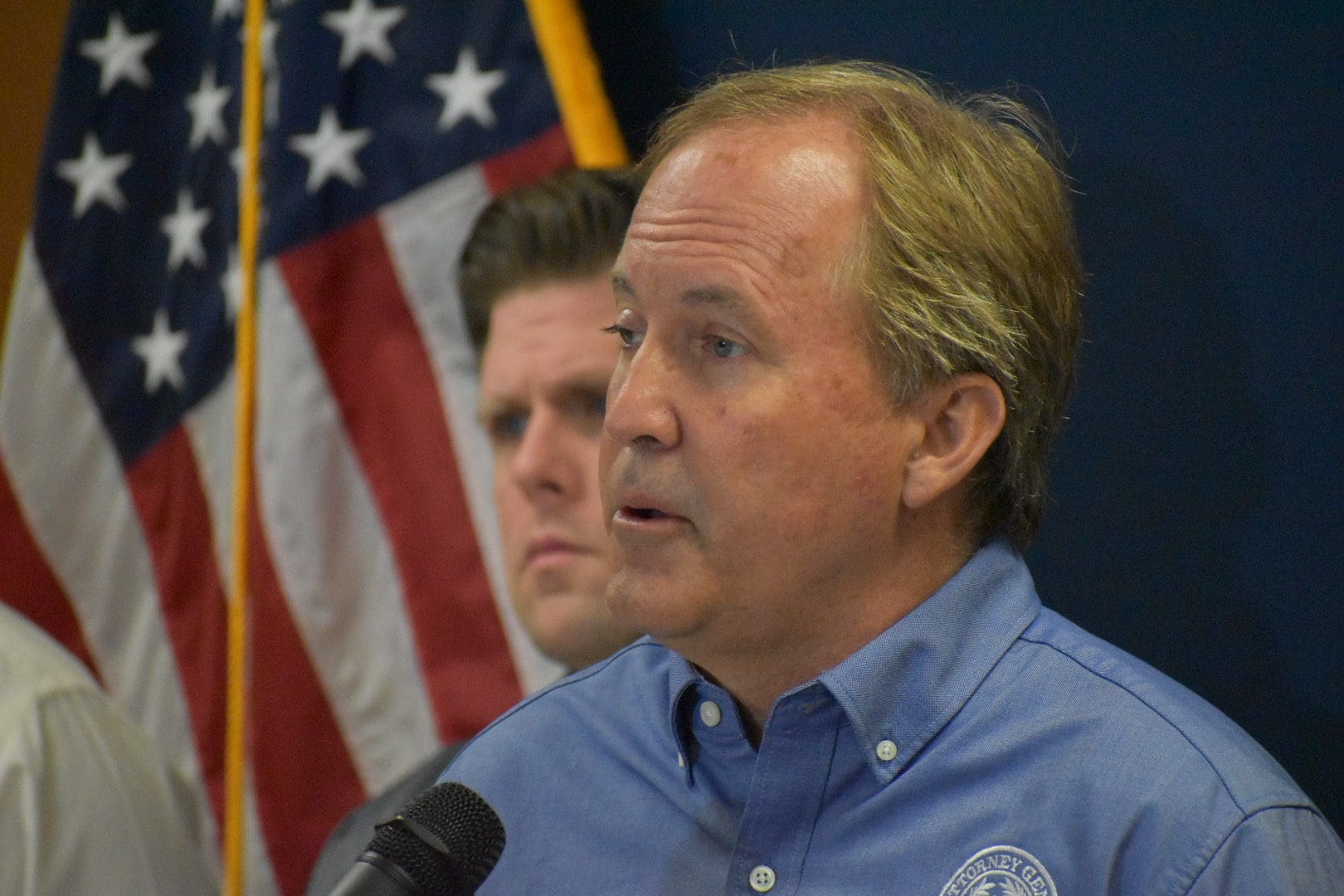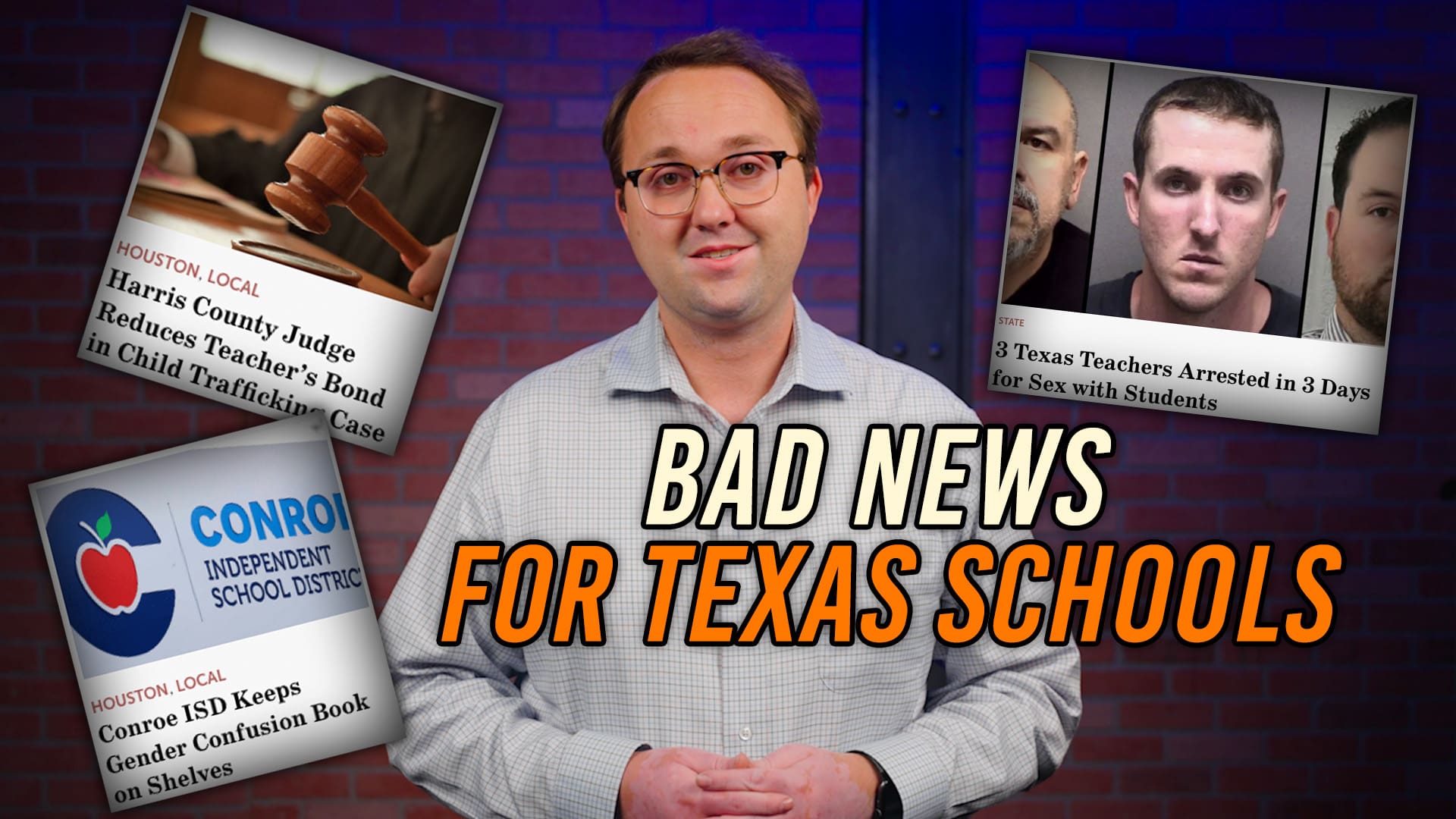A new Gallup poll shows church attendance is lower than the pre-COVID lockdown levels and dropping. The church is reaping today the lessons it taught back in 2020.
In the four years before COVID, around 34 percent of U.S. adults said they had attended worship services in the previous week. In 2023, that number has dropped to 31 percent – which Gallup says is 10 points lower than in 2012.
Sure, one can blame the government for ordering churches to shut down in 2020 during the COVID hysteria based on wildly inaccurate data. But the real blame goes to the churches themselves.
A great many churches went along with the shutdowns and lockouts. Too many church leaders chose fear of men over faith in God.
As weak men holding political power demanded fealty, too many churches offered a poor witness by capitulating to them.
Through their capitulation, churches proclaimed to the world that Sunday attendance was not as important as access to the local home improvement store.
Through their action, church leaders put the gathering of the saints on par with the meeting of the Rotary Club.
Through their acquiescence, churches told the public it was better to cower in fear than risk condemnation from the power-hungry elite issuing unconstitutional mandates.
The churches chose pseudoscience over Scripture.
While the New Testament letter to the Hebrews urges believers not to neglect “the assembling of ourselves together,” too many church leaders gave cover to politicians on the false promise of worldly “safety.”
The churches should have stood up. The pastors should have flung open the doors. The leaders should have defied the government in service to God.
When people needed churches the most, churches pointed them to government mandates and shrugged. The churches wanted to play it safe… to not make a scene… to show they were yes-men whose eccentric beliefs could be tolerated by those in power.
There is a line from Christian pop culture that goes, “preach the Gospel at all times; when necessary, use words.” The line has been falsely attributed to St. Francis, who was actually a prolific speaker and urged the explicit preaching of the word.
The pithy statement flies in the face of Scripture, which repeatedly calls on Christians to offer a verbal testimony of their faith. Consider Paul’s letter to the Romans: “How then will they call on him in whom they have not believed? And how are they to believe in him of whom they have never heard? And how are they to hear without someone preaching?”
But, yes, our actions do say a lot. The decline of the church in America is evidence of that. For far too long, too many pastors sought to be their congregants’ affirming pal rather than their shepherd. Too many churches decided they would rather offer a cool coffee experience than risk offending the depraved sensibilities of a fallen culture.
Even before the “pandemic,” too many churches were less relevant than the local hardware store and, at best, a social club with strange meeting times.
Leading up to 2020, American churches silently preached a gospel foreign to that of the Bible. So when government mandates were issued, these churches thought little of closing their doors to weddings, funerals, and baptisms. The churches said those things were less important than getting a nod of approval from government functionaries.
They proved themselves to be weak and faithless, so we should not be surprised that Americans have become spiritually weakened as a result.
If we are to see a revival of the church triumphant, we need church leaders willing to speak boldly and passionately – especially in the face of discomfort, especially when it isn’t safe, and especially when it isn’t tolerated.





